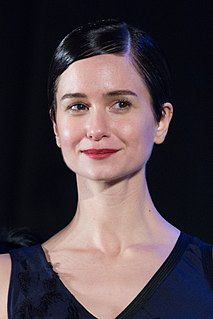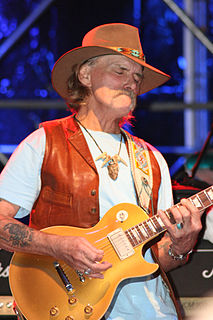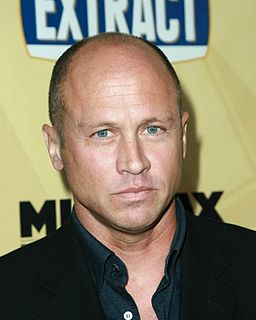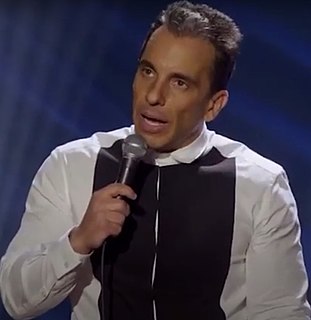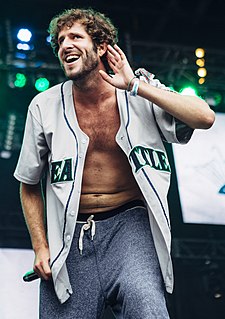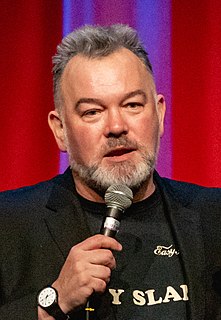A Quote by Cara Delevingne
I grew up in the upper class, for sure. My family was kind of about that whole parties-and-horse racing thing. I can understand it's fun for some. I never enjoyed it.
Related Quotes
I think there's an assumption when you have a parent in the business that you're given some kind of a cheat sheet at an early age. Some kind of upper hand or some kind of advanced understanding of how the whole thing functions - maybe how to operate within it. I never felt I received that cheat sheet and grew up pretty removed from the business.
It kind of hit me at some point during the process that most people in the film business - not just the executives, the people who make them, too - tend to come from pretty upper-class backgrounds. If they go work a job, it's to have that experience, that sort of thing. After they graduate college, they have time to go visit Europe and take some time off and get their heads together. That kind of thing, I sure didn't have.
I'm sure everything has a bearing on what I'm doing. My family is a lower-middle-class family, there's lots of children, seven brothers, two sisters grew up together, fighting with each other, went to school. My mother went to school up to 4th grade. My father went to school up to 8th grade. So that's about the education level we had in the family.

